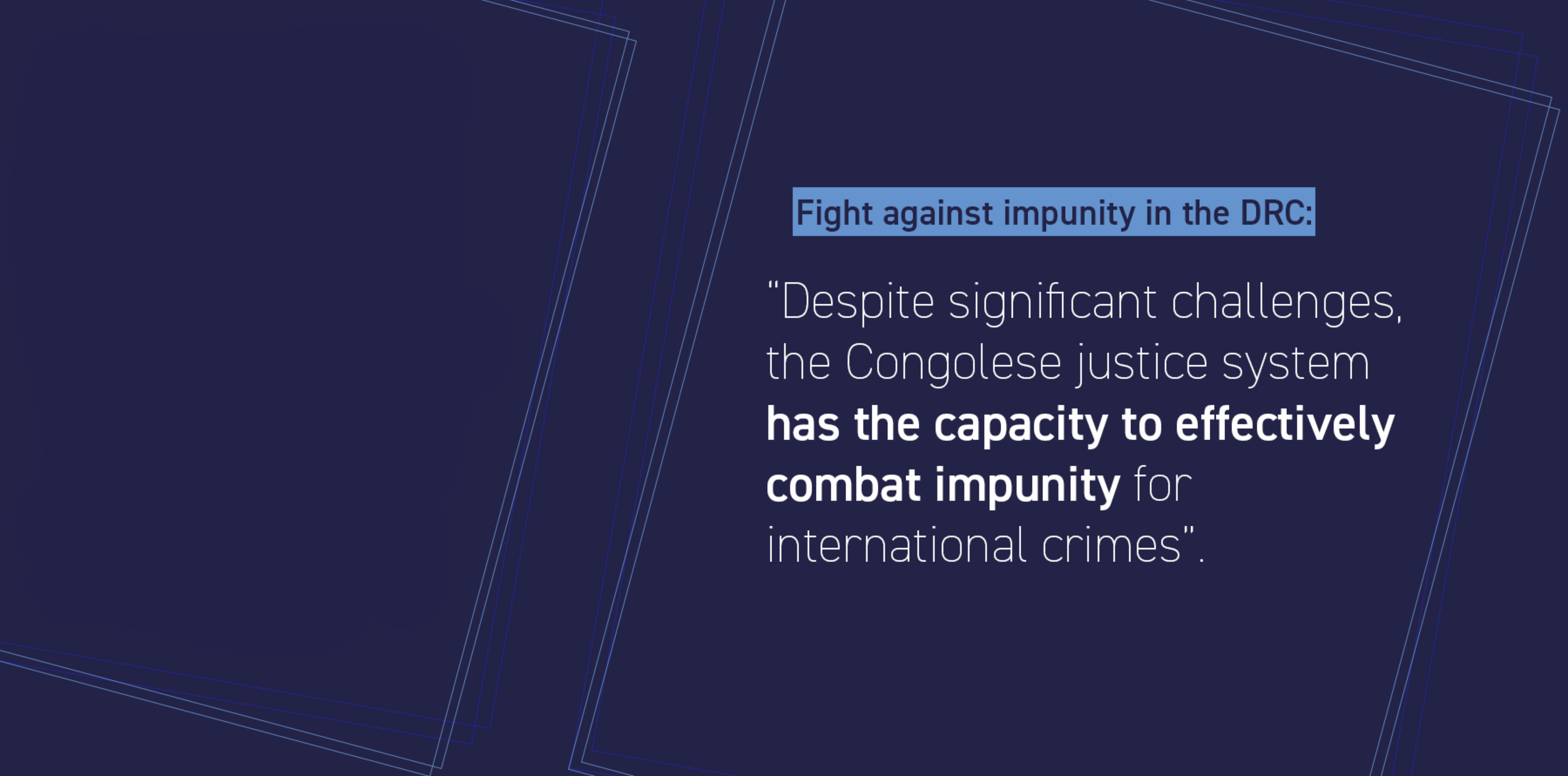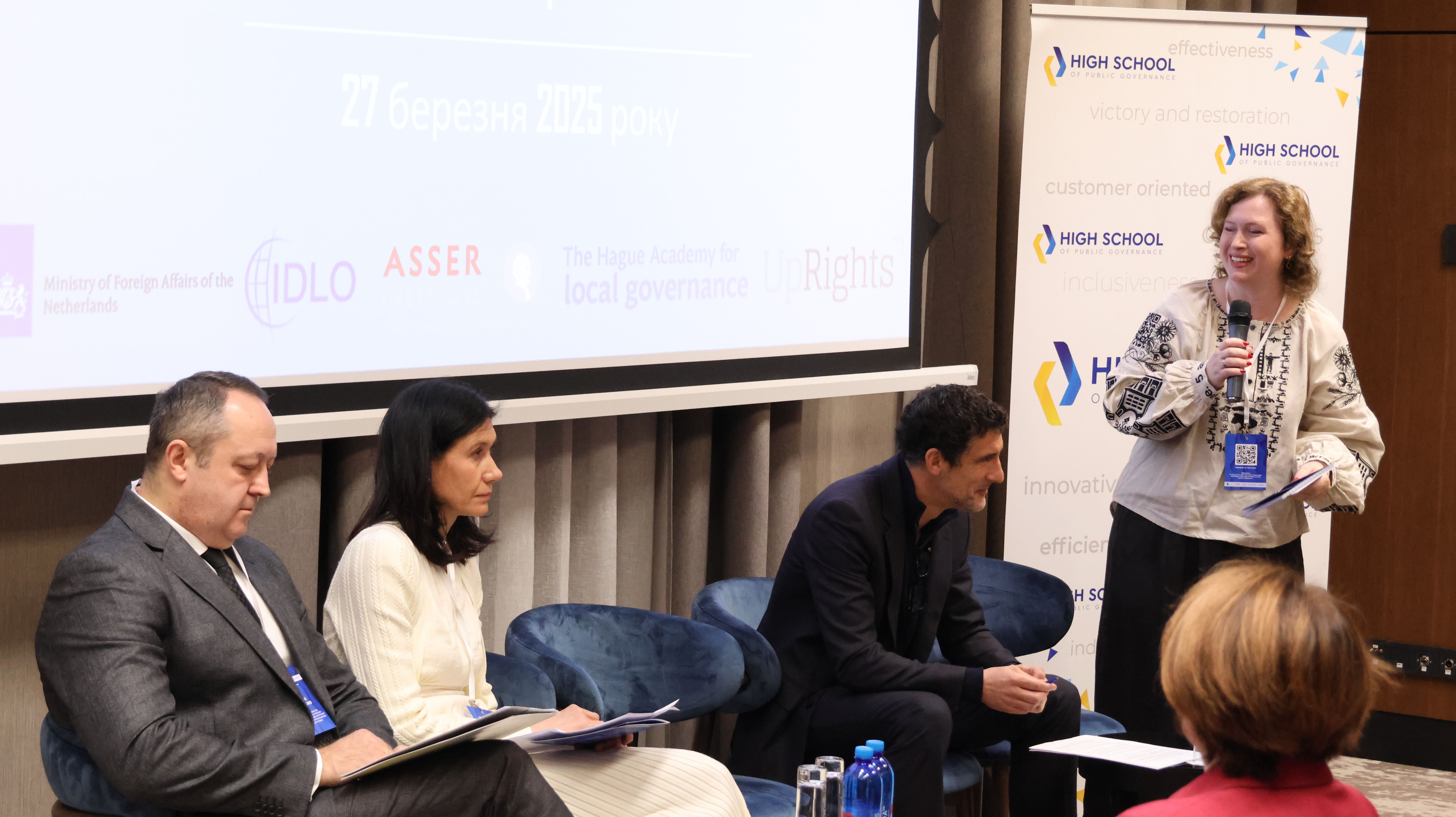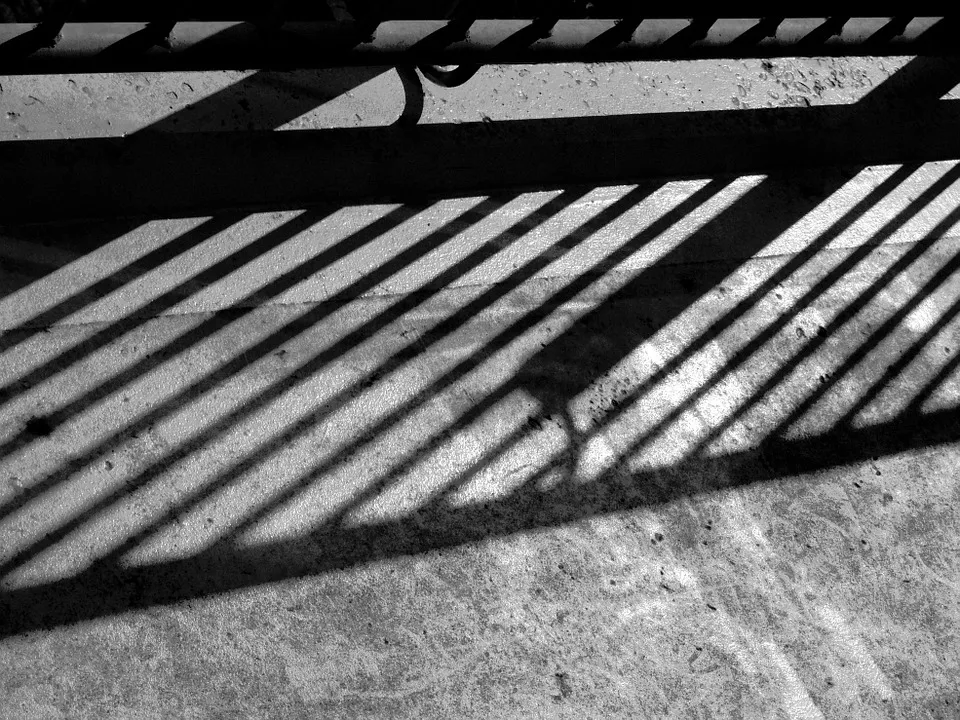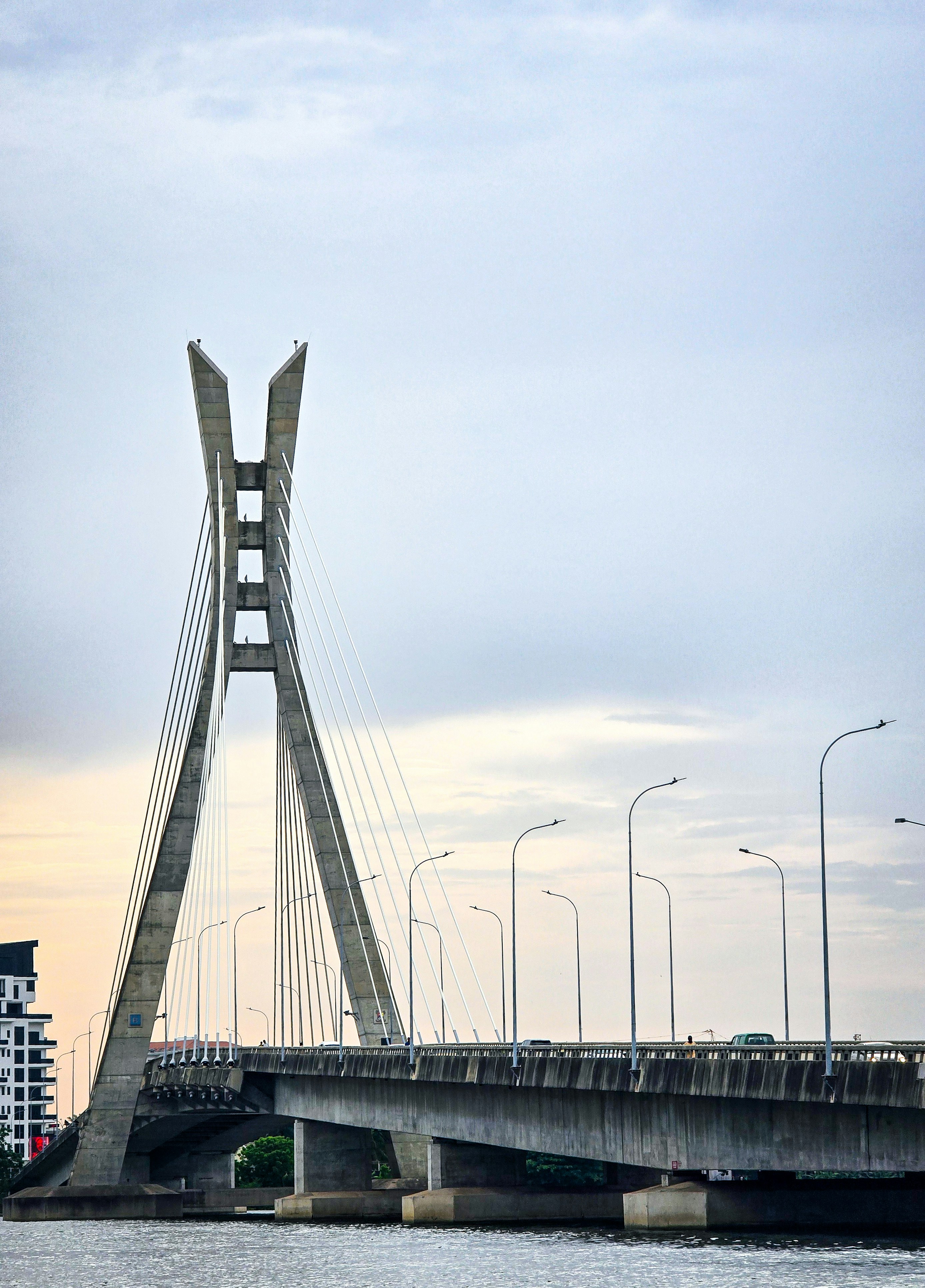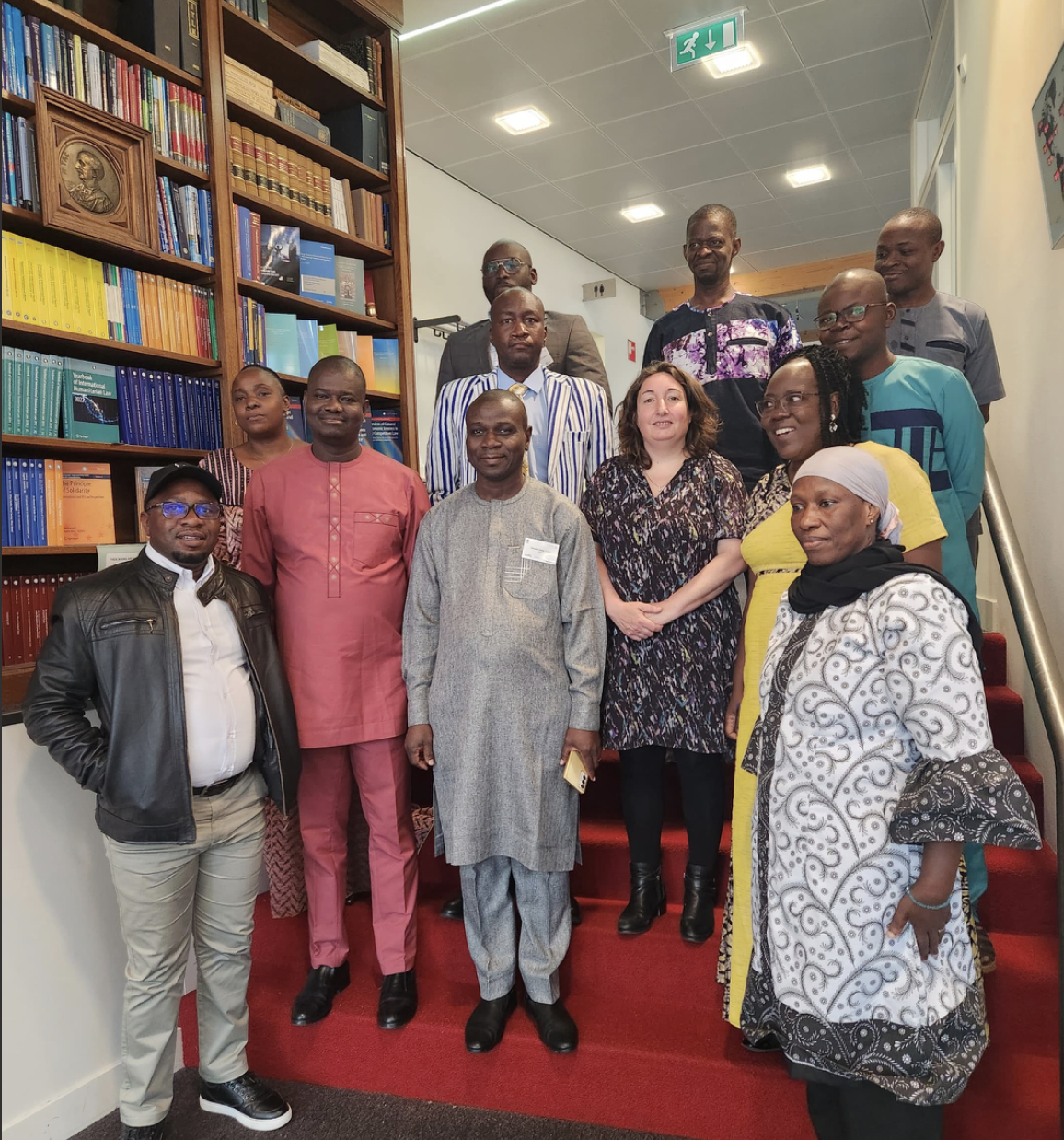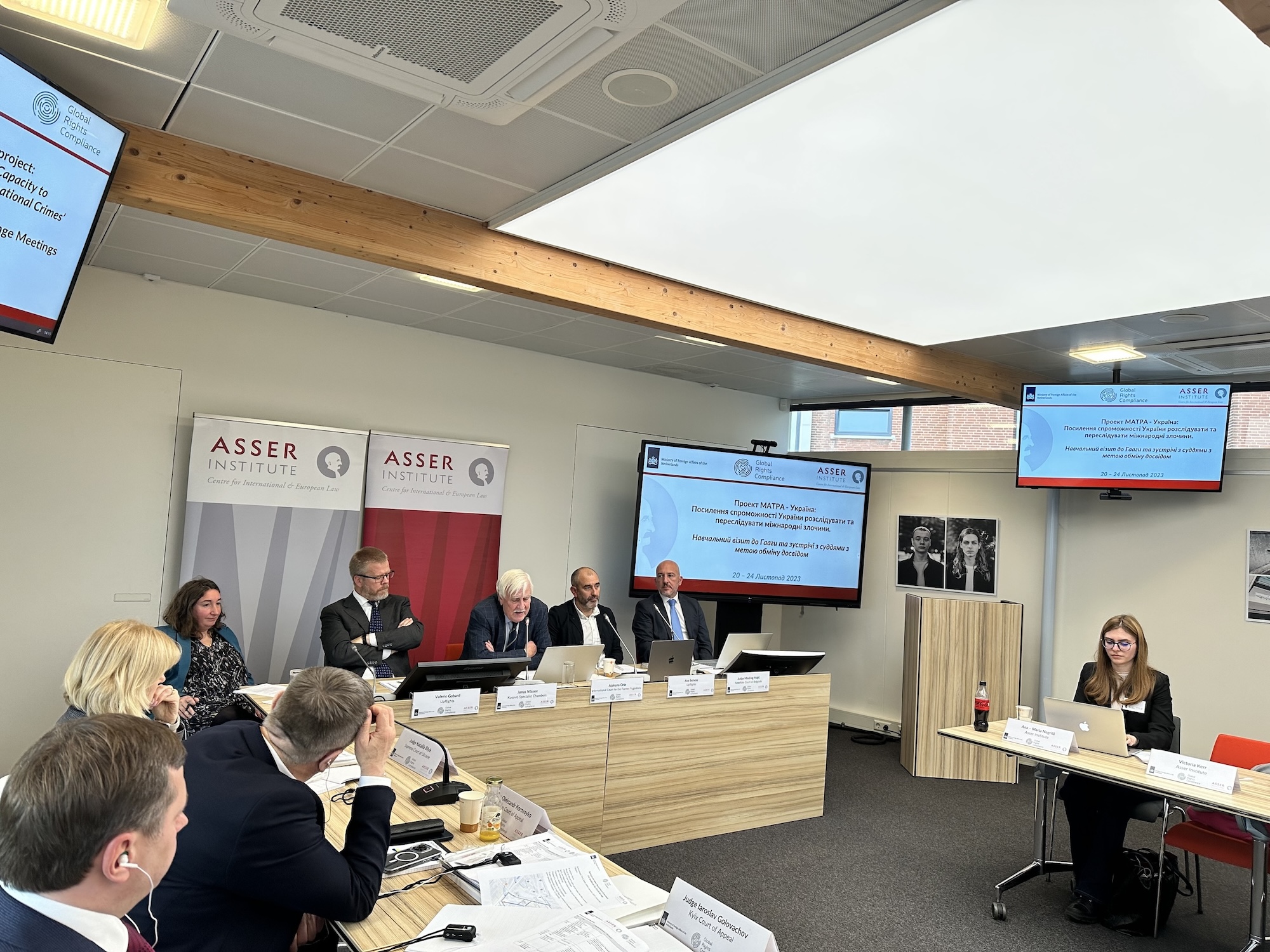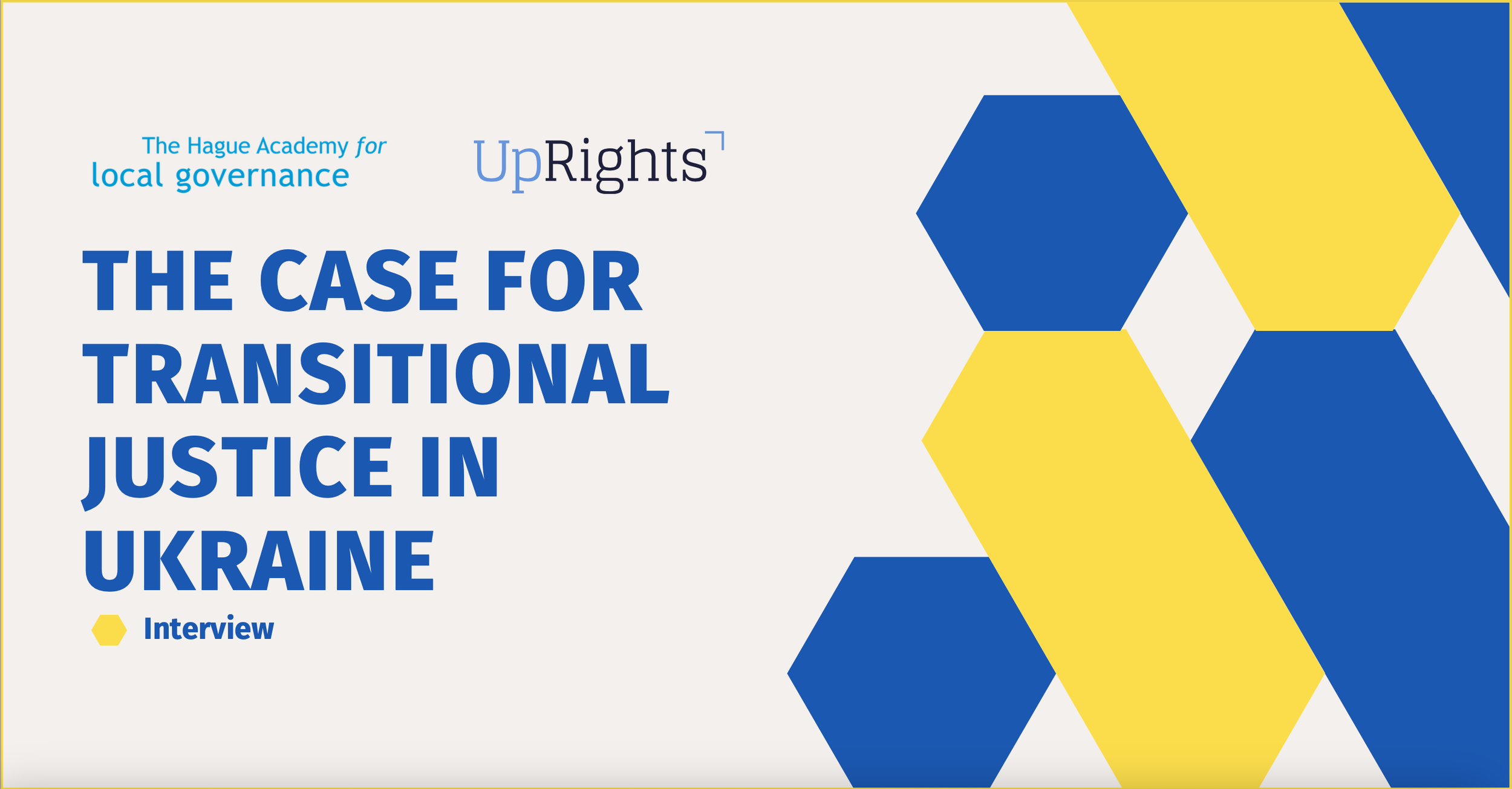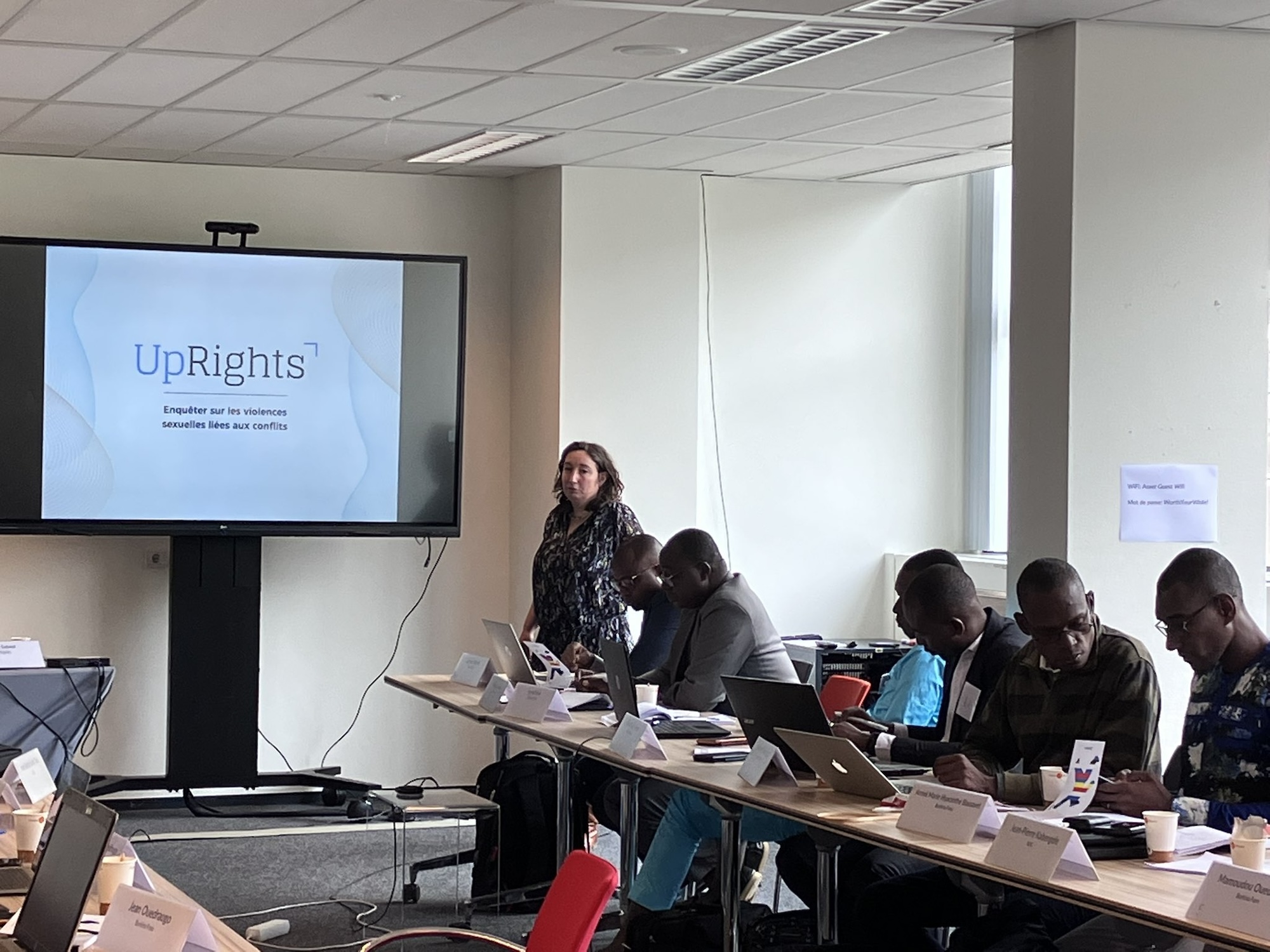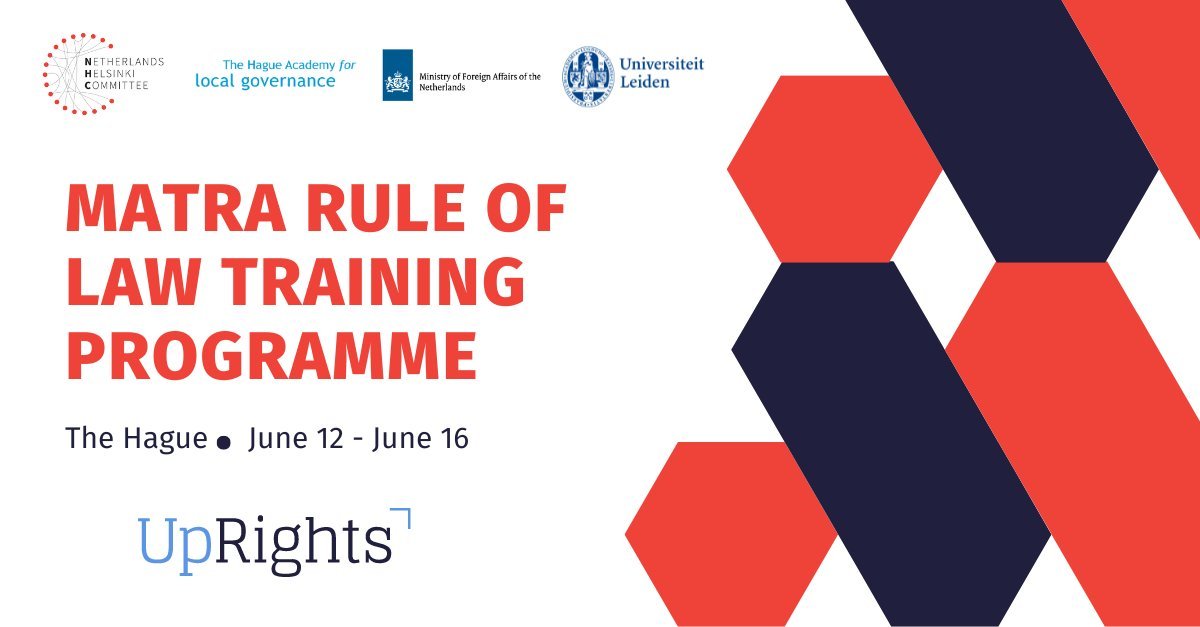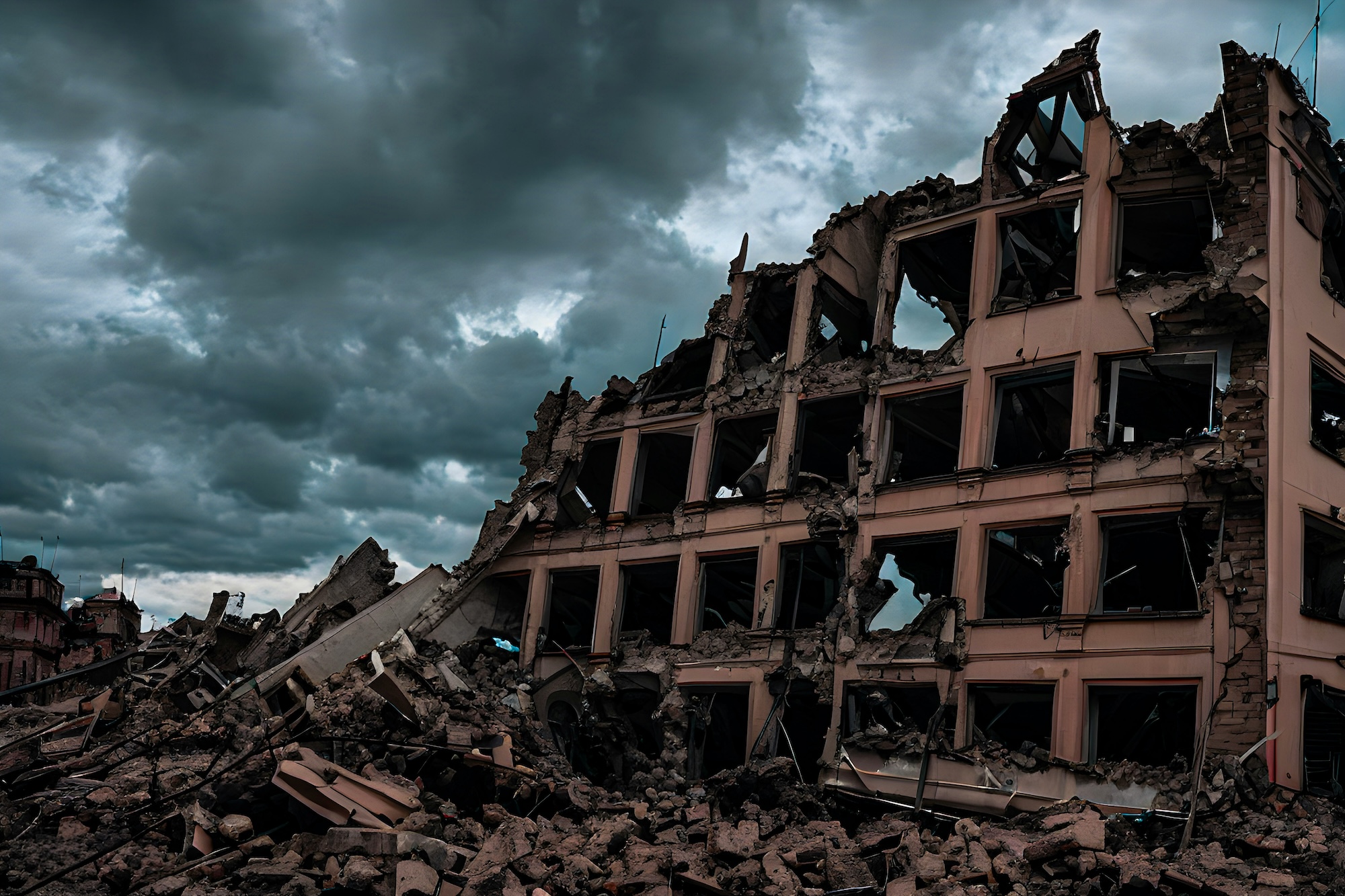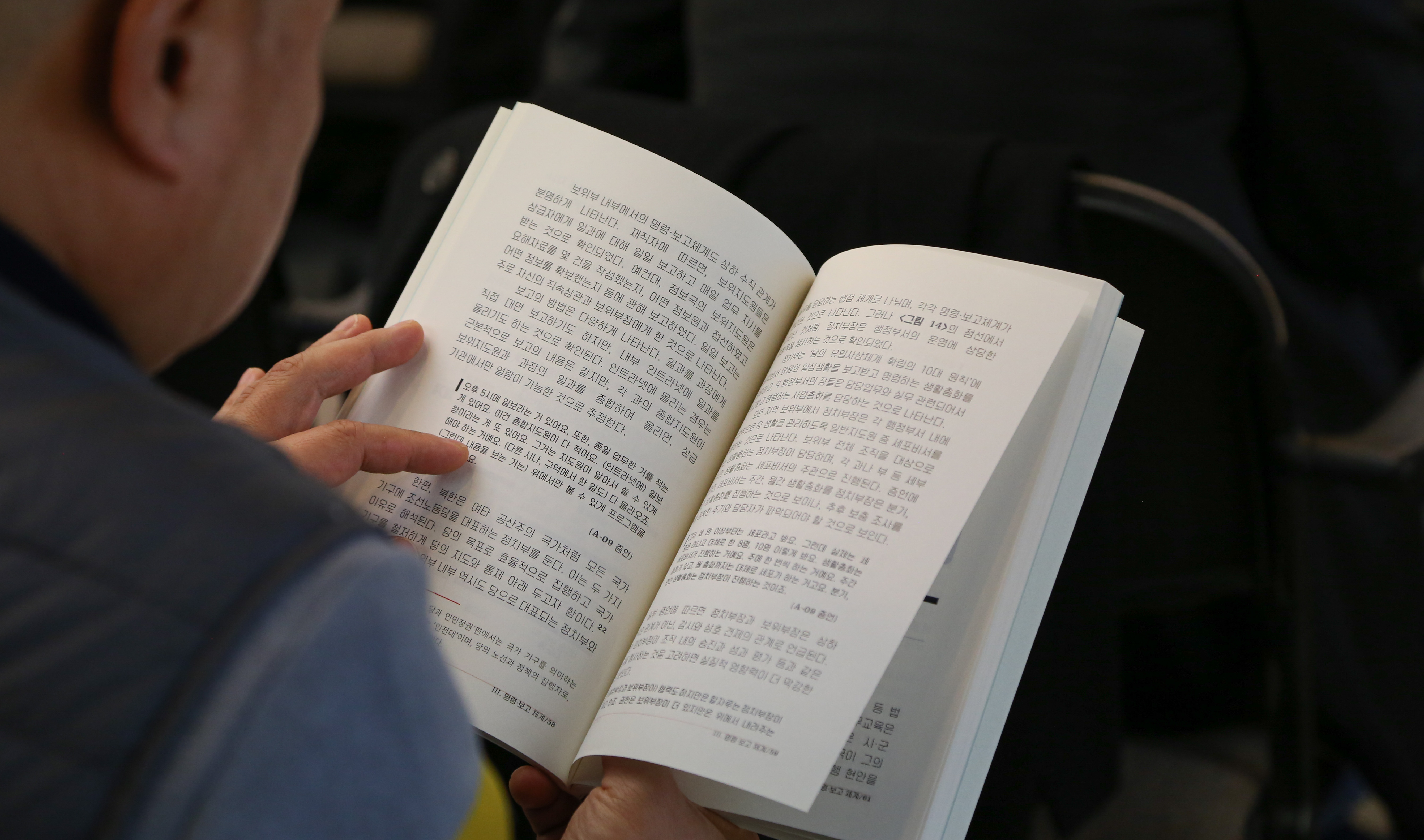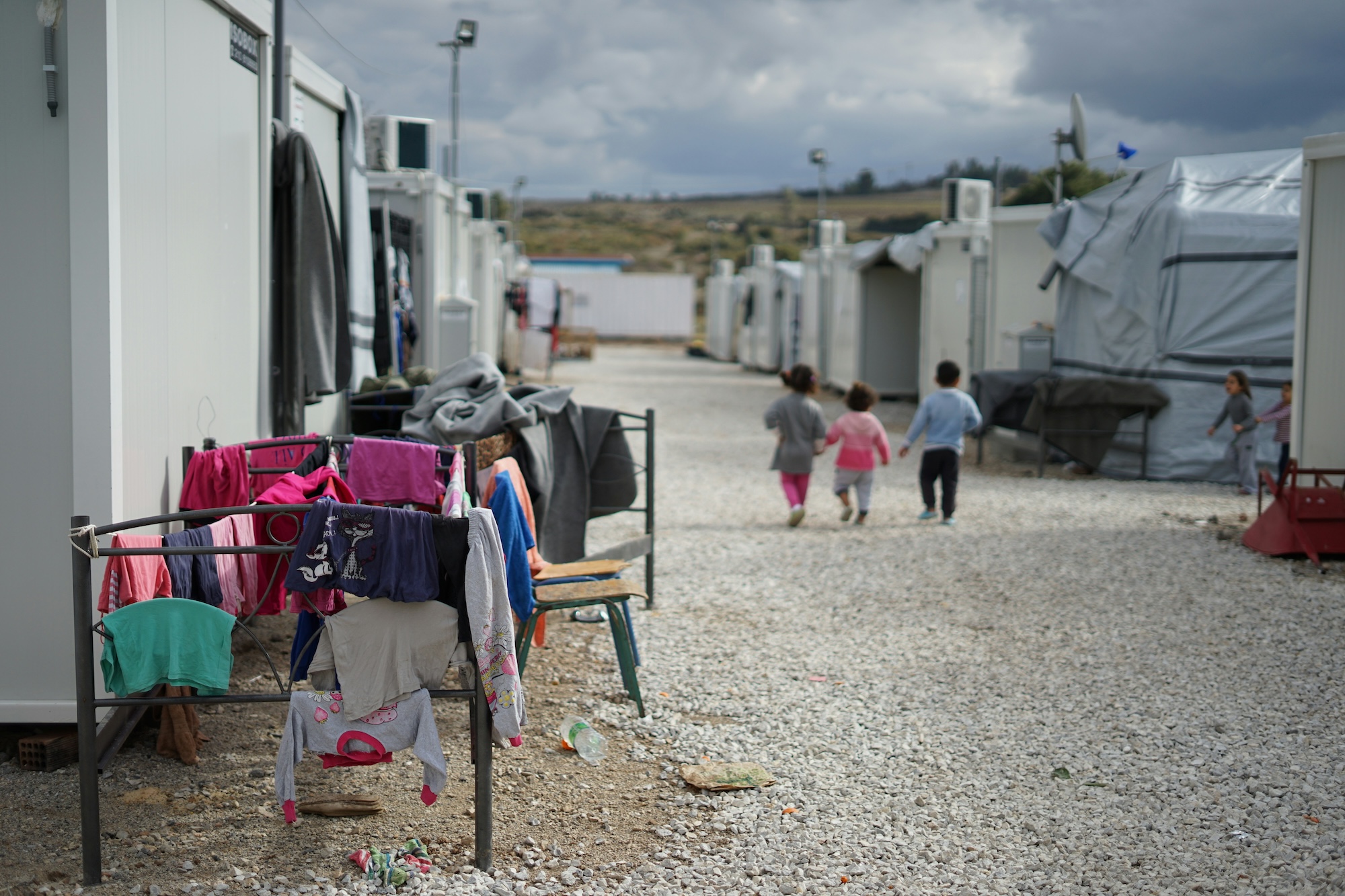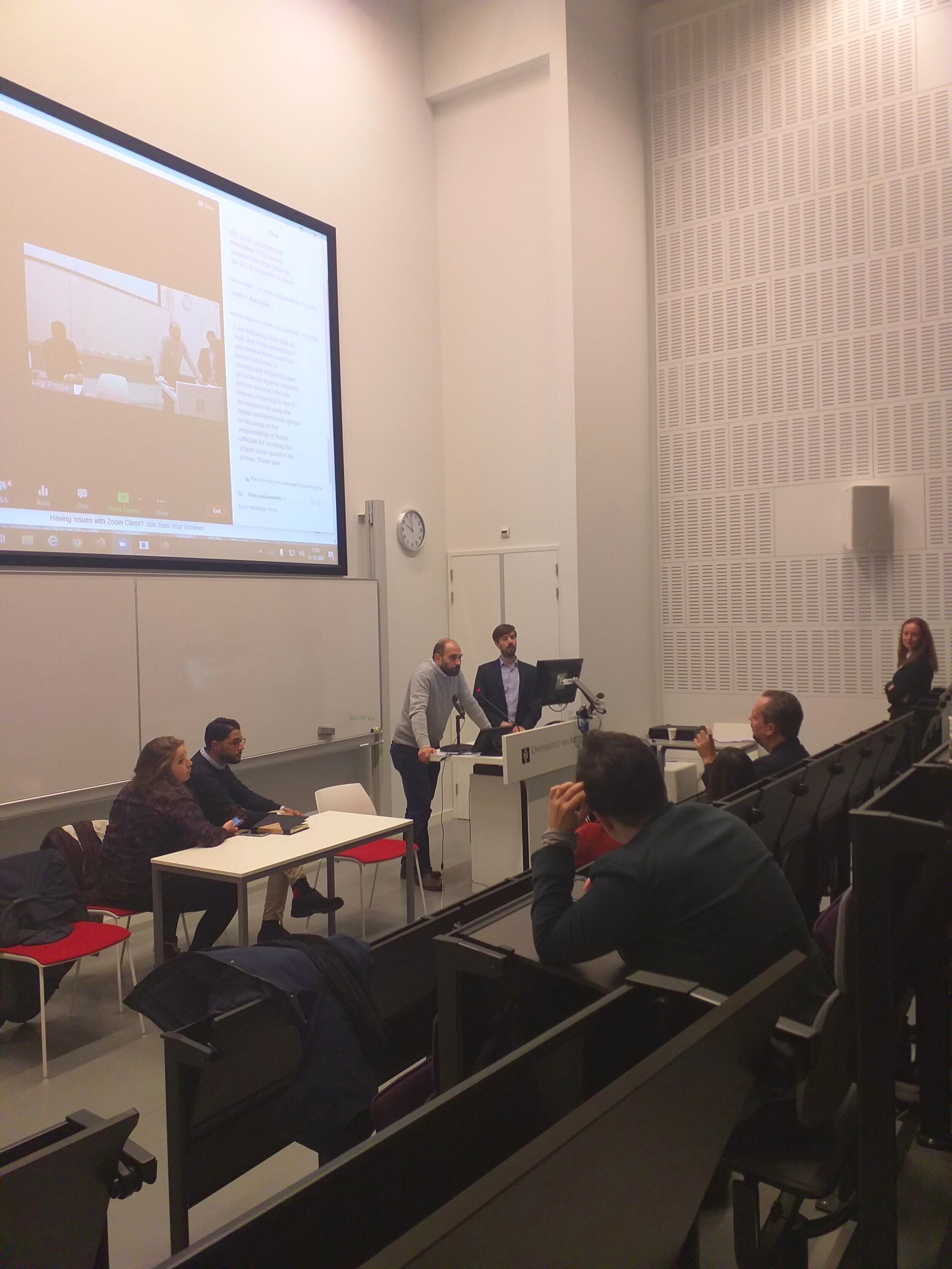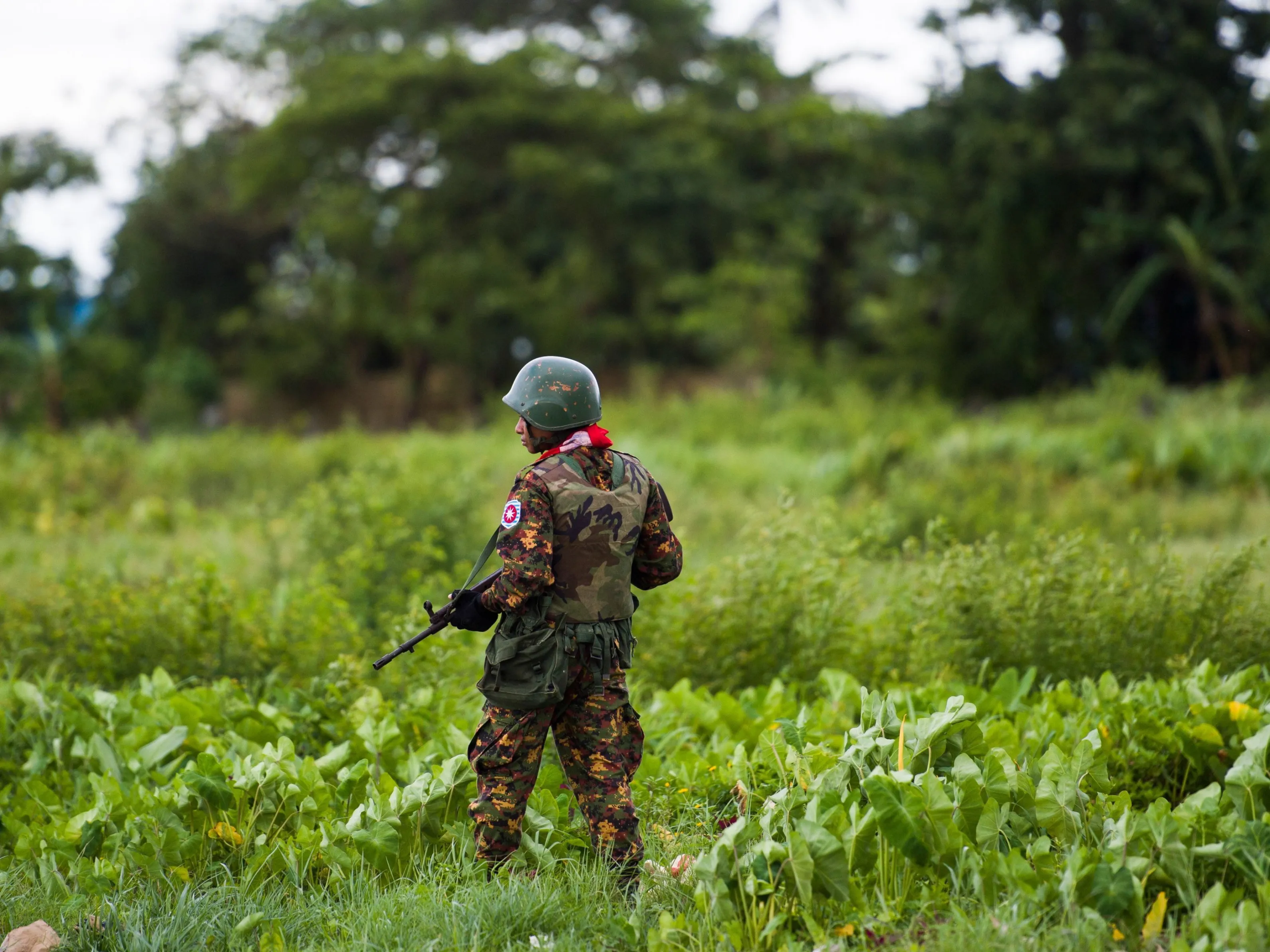ICC Situations Concerning Ukraine And Nigeria: No Room In The ICC Statute For Prioritisation At The Preliminary Examination Stage
20-01-2021
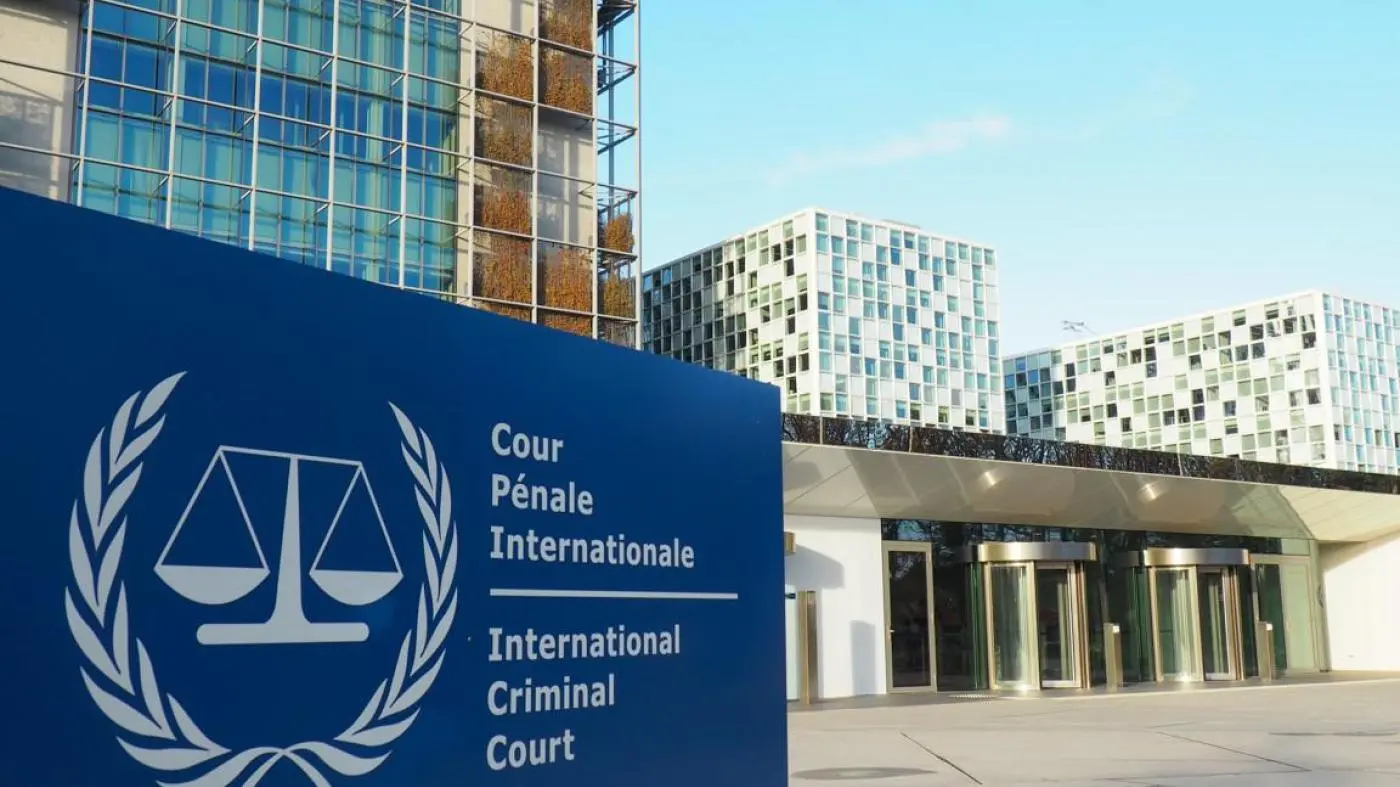
In a blogpost published on OpinioJuris, UpRights co-founder Alessandro Pizzuti discusses the Prosecutor’s recent separate determinations concerning the proprio motu preliminary examinations of Ukraine and Nigeria.
In both situations, the Prosecutor concluded that the criteria for opening an investigation under Article 53 of the ICC Statute were met. However, the Prosecutor stated that she will not immediately proceed with a request to initiate investigations in the respective situations due to budgetary constraints and considerations related to prioritisation of the OTP’s workload.
While no doubt grounded on legitimate practical concerns, such considerations do not seem to form part of the Prosecution’s discretion on whether and when to file a request to open an investigation pursuant to Articles 15 and 53 of the ICC Statute. This post contends that instead the proper stage to make an assessment concerning the prioritisation of the OTP workload is during the investigation phase rather than during the preliminary examination.
Without any clear, set parameters, decisions prioritising between different potential investigations to be initiated following the preliminary examination phase can lead to a precarious path whereby situations ready for investigation are put indefinitely on hold (essentially left in limbo) without the possibility for such a course of action to be challenged or otherwise subject to external oversight. This seems to be inconsistent with the overall structure of the Statute and in particular of Articles 15 and 53 of the ICC Statute. If necessary, such selection (with clear and transparent prioritisation criteria) should instead be conducted at the investigation phase where the Prosecutor is in a better position to secure evidence for trial as well as reach a more informed determination regarding which situations (or cases) warrant prioritising over others.
At the same time, States Parties have a specific duty to match the budget requests (and needs) of the Prosecutor in light of the current and expanding workload, as in any domestic judicial system. The operational hurdles faced by the Prosecutor due to her office’s capacity are concrete and undeniable. To manage the challenges faced, the Prosecutor requires the support of States and other relevant actors. The ICC Chambers have frequently cited or referred to the decisions from human rights treaty bodies to emphasise the Prosecutor’s obligation to carry out an effective investigation. We should not forget that such decisions were directed at the States as a whole and not only the relevant Prosecutor that conducted the investigations.
Let’s meet.
UpRights is based in The Hague, Netherlands
Info@uprights.org
Phone: +31 707013213


